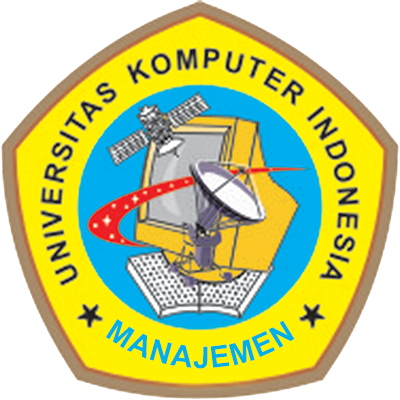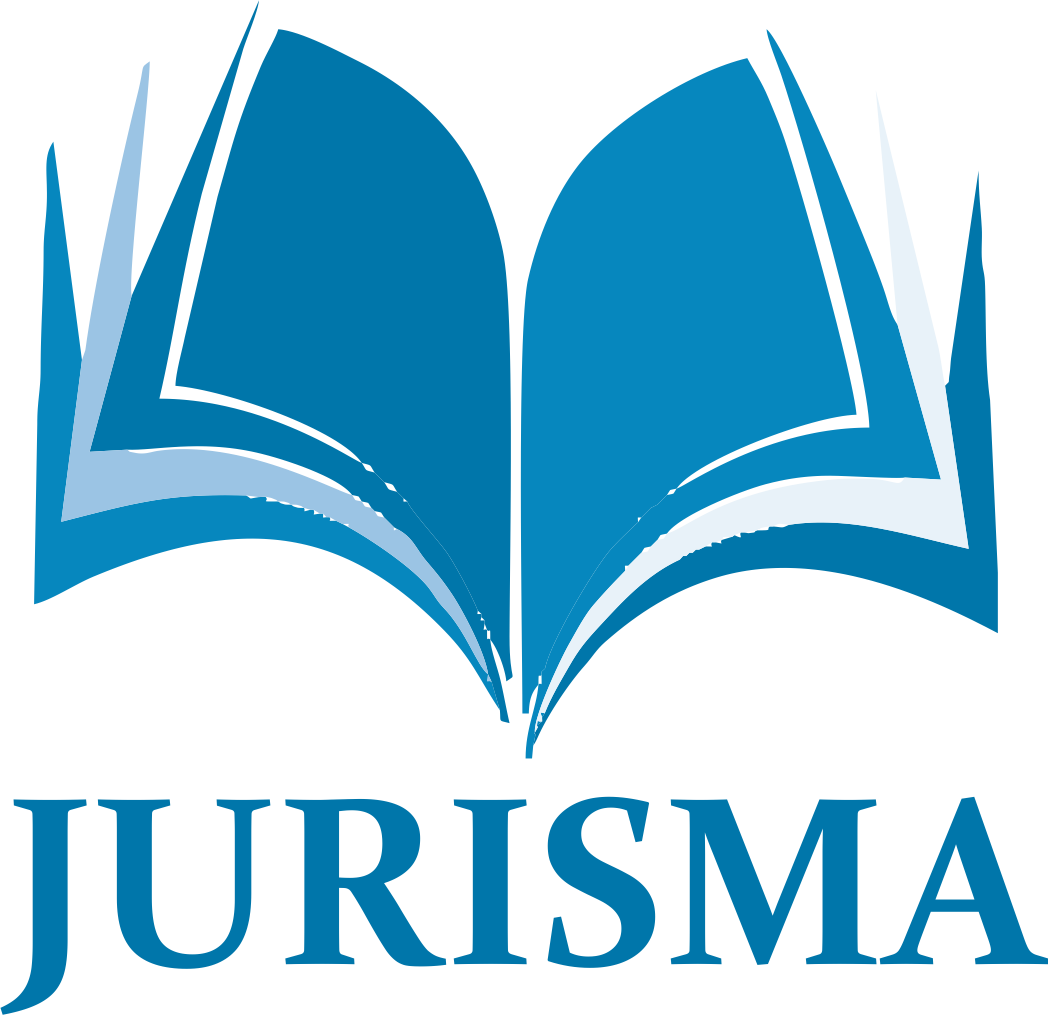Sharia Financial Technology Development and Literacy to Strengthen the MSME in West Sumatera
DOI:
https://doi.org/10.34010/jurisma.v14i2.12827Abstract
The purpose of this study is to determine whether MSME participants in West Sumatra are aware of and accept Indonesian Sharia Financial Technology or Fintech. Micro, small, and medium-sized businesses in 18 cities and regions are the target of this study. This study is quantitative in nature. Questionnaires were distributed immediately to get the data. Descriptive statistical methods were used to analyze the data in this study, and questionnaires were sent to six MSME players in each city or district, for a total sample size of 108 respondents. According to the study's findings, the low level of financial literacy and growth of Sharia fintech is demonstrated by the small number of people who are familiar with and utilize it. The research finds that only 20 respondents, or 19% of the 108 respondents, were aware of Sharia fintech, according to the study. More than twenty people are aware of Sharia fintech, fourteen respondents, or thirteen percent, use it, and it only uses one kind of Sharia fintech—payment—rather than the three other types, which include p2p lending, securities crowdfunding, and Inovasi Keuangan Digital (IKD). However, with an average index value of 36.75%, the Sharia fintech financial literacy index falls into the low group.












